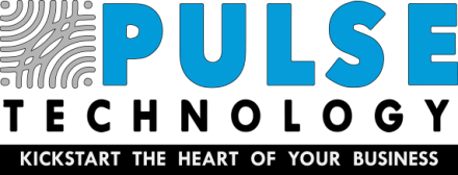The office equipment industry has seen a busy year, with major moves that have reshaped the landscape for resellers and end-users alike. From strategic consolidations to dozens of acquisitions, the shifts within the market have been constant.
- Leading the pack, Ricoh and Toshiba’s landmark decision to merge their office equipment manufacturing operations into a new powerhouse entity has sent ripples throughout the industry. This isn’t just about streamlining operations; it’s a calculated move to strengthen their position in an increasingly competitive market. For resellers, this could mean access to a more robust product line and the potential for enhanced support and service offerings. (IA RECORD 32,656 page views, 354 hours reading time)
- Konica Minolta’s organizational restructuring points to a broader trend of adaptation. With changing demands in print and imaging technology, agility becomes critical. Resellers may find opportunities in the new structure, particularly as Konica Minolta may seek to deepen its dealer relationships to drive growth in its core areas.
- The buzz around Toshiba’s acceptance of a $15 billion buyout bid has created a mix of uncertainty and anticipation. For Toshiba and Toshiba Tec, this signals a new chapter that could bring fresh innovation and strategic partnerships that resellers can leverage.
- Ricoh and Toshiba Tec’s manufacturing integration marks a pivotal shift, as revealed by Ricoh’s details. This move is set to bolster product innovation and offer resellers a fortified portfolio to cater to the dynamic office equipment market.
- Their strategic moves didn’t stop with Toshiba Tec. Ricoh’s acquisition of a managed services company broadens their service footprint, potentially offering resellers a more diverse range of solutions to meet the varied needs of their customers.
- Xerox’s acquisition, while details were less publicized, points towards an aggressive expansion strategy. This acquisition could present resellers with new products and services to offer, as Xerox continues to be a stalwart in the office equipment scene.
- Ricoh’s victory in a patent dispute serves as a reminder of the importance of intellectual property in the tech industry. This win not only safeguards their innovations but also ensures that resellers can continue to provide unique Ricoh products without the shadow of legal complications.
- Lexmark’s response to a supplier’s DHS listing offers a cautionary tale for resellers about the importance of supply chain security and transparency. This could prompt a review of supplier relationships and a push for higher standards, ensuring that the reseller’s reputation remains untarnished.
- Kyocera’s decision to discontinue Copystar reflects a strategic pruning to focus on core brands and products. For resellers, this may mean a more streamlined, focused sales approach with the backing of Kyocera’s robust support.
- The shake-up at Xerox with Icahn’s departure and the company’s subsequent regaining of control is a dramatic turn that underscores the dynamic nature of corporate governance in the tech sector. For resellers, Xerox’s regained stability could translate to consistent policies and support moving forward.
These top stories from 2023 not only reflect significant corporate moves but also signal evolving opportunities for office equipment resellers. The landscape is changing, and with it comes the chance to adapt, grow, and thrive in the new realities of the office equipment market.
SOURCE Industry Analysts



